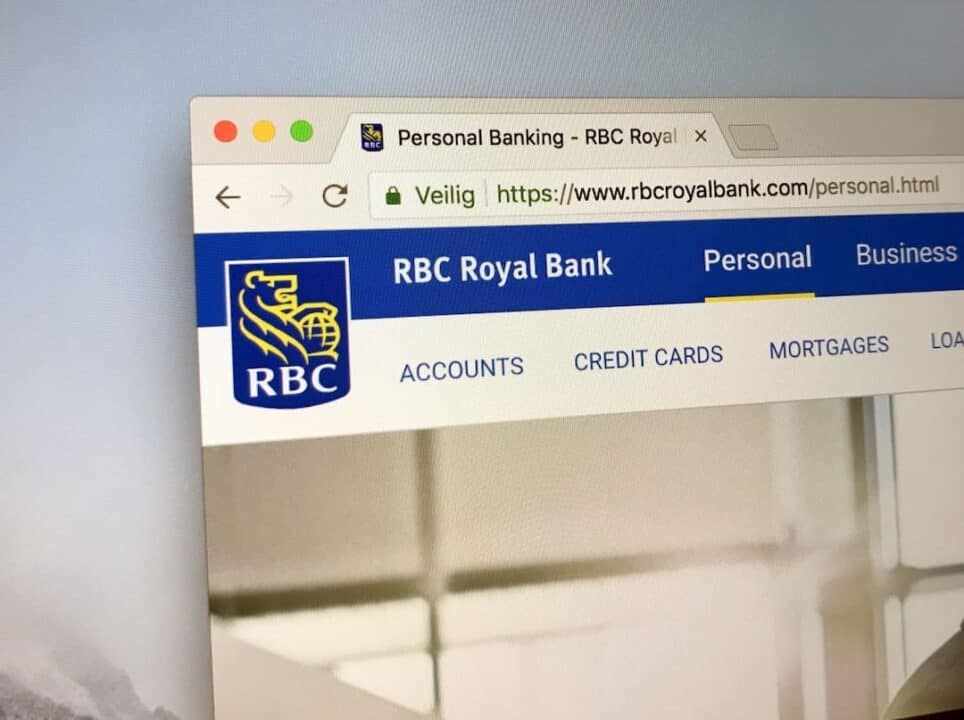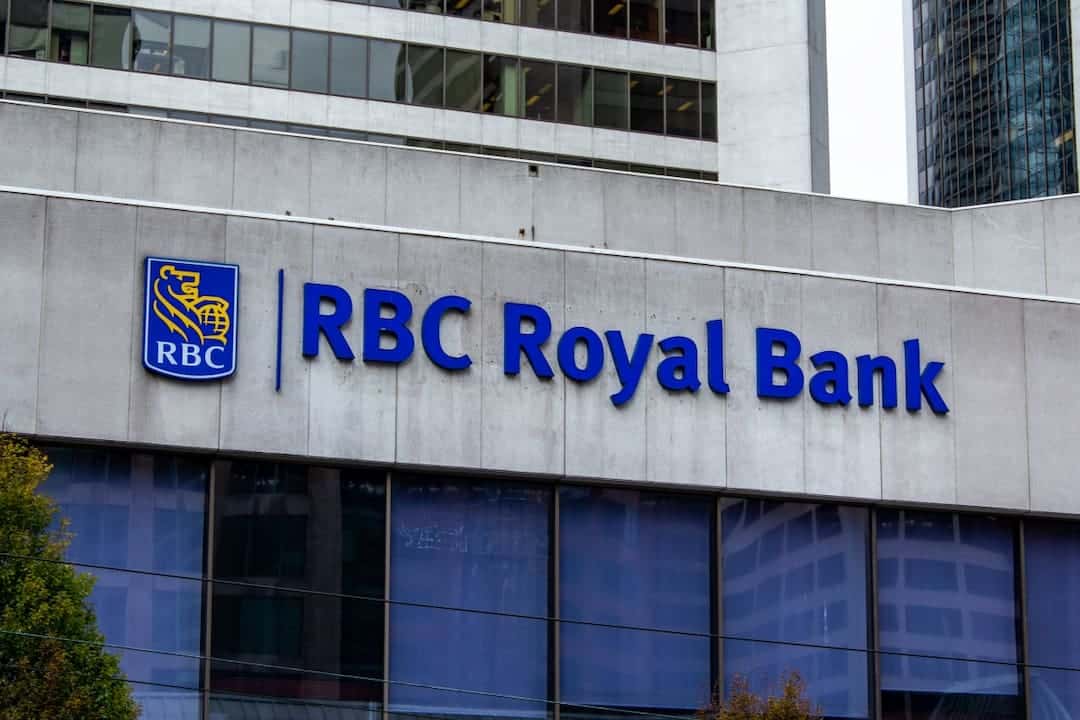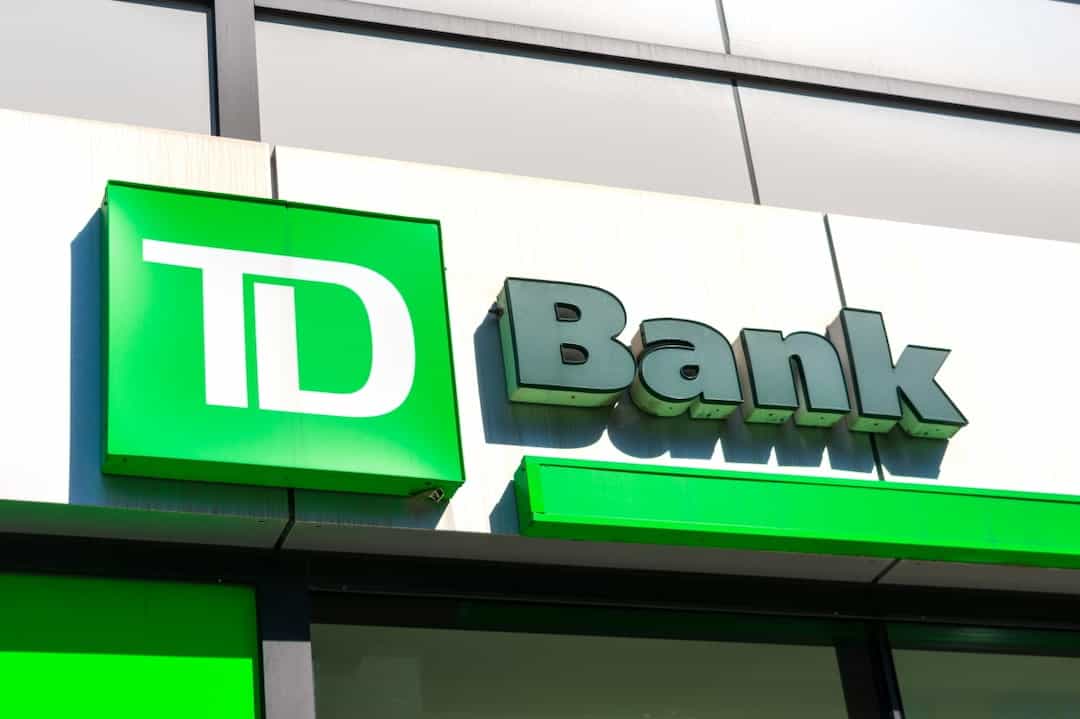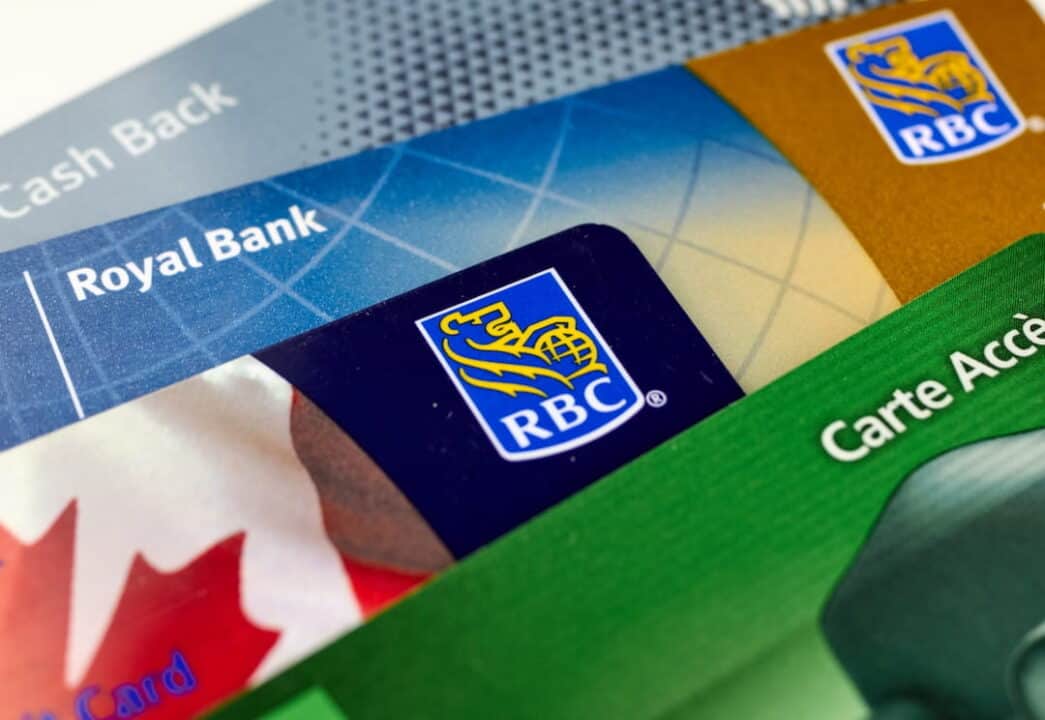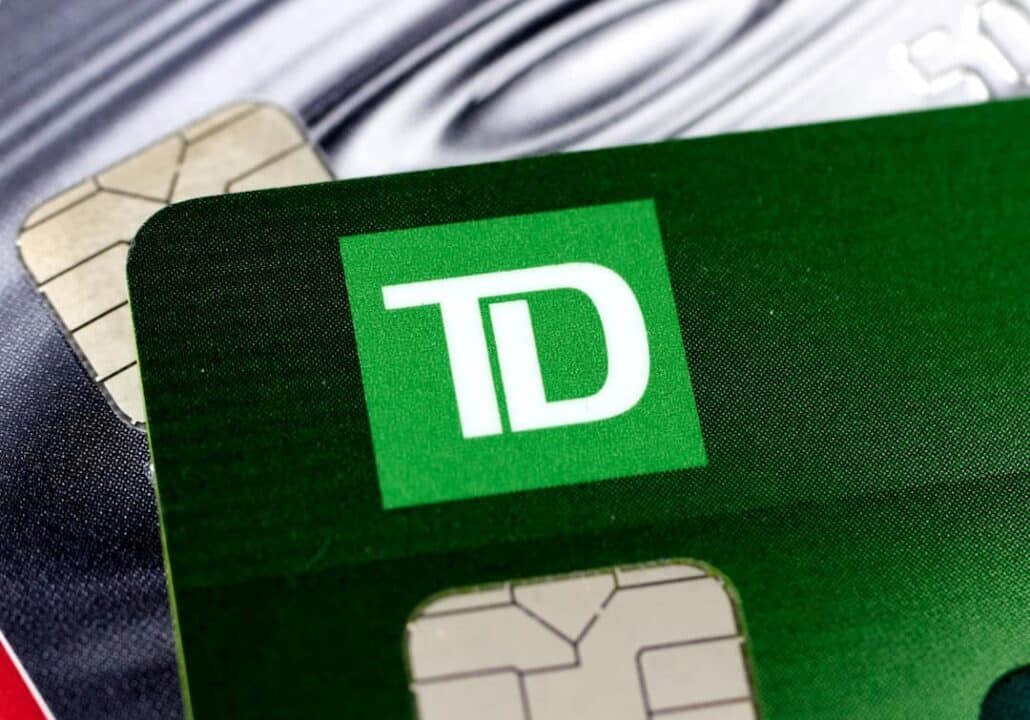When taking a look at which bank to use, we usually skim over the benefits they offer and the conveniences they offer. However, on the outside, most banks across the country are almost the same. To make the most of your money, it is important to take a closer look at what the bank has to offer.
TD and RBC are top banks in Canada that offer chequing accounts, savings accounts and more. So which one should you choose? Depending on the aspects that you value including interest rates, welcome bonus, free transactions, e transfers, VIP banking, and more, there may be a bank in Canada that is better for your financial interests.
Which Bank is Better in Canada, TD vs. RBC?
If you are looking for a quick answer, there really isn’t one. The best bank in Canada for you, may not be the same for someone else. TD Bank and Royal Bank of Canada are the two biggest banks in Canada and both have something to offer.
Toronto Dominion
Taking a quick look, at revenue, TD Bank outranks Royal Bank with net revenue of C$11.89 Billion. TD Bank has close to 90,000 employees and a total asset value of a whopping C$1.7 trillion. This is largely due to the merger between Toronto Dominion Bank and the Bank of Toronto in 1955, creating what we now know as TD Bank.
Royal Bank
RBC or the Royal Bank of Canada also boasts a high net revenue close to TD’s at C$11.4 billion. They have close to 80,000 employees and a total asset value of C$1.6 trillion. RBC is a popular Canadian bank that has over 1300 bank branches and 15 million customers across the country. More details in INCOME.ca RBC review.
The comparison between TD Bank and Royal Bank is similar to the never-ending battle of Coke vs. Pepsi. Each bank has its pros and cons, so we take a closer look at the different features each bank has to offer to see how they compete against each other.
Is RBC Bigger Than TD?
Royal Bank used to be the largest bank in Canada, hence the name Royal Bank of Canada. However, in recent years, Toronto Dominion Bank has caught up. Today, TD is slightly larger due to a higher net asset value.
When choosing a bank, bigger does not always mean better. We take a deeper dive into some of the more valuable features that can help you decide which one is right for you.
Bank Stock Battle: TD Bank vs. Royal Bank
Since both banks are some of the largest financial institutions in Canada, their stocks may be something to look into. Both bank stocks top the market in bank stocks and are the largest stock by market cap on the Toronto Stock Exchange. Both bank stocks faltered a bit due to the effects of the COVID-19 pandemic, but are starting the rebound quickly.
Which is the better bank stock right now?
Looking at the stocks head to head, TD offers a better price-to-earnings ratio. TD Bank has a P/E ratio of 11 and a P/B value of 1.5. The shares continue to climb and also offer a quarterly dividend that represents over a 4% yield. As the Canadian economy continues to recover, TD bank stock will likely bolster to normal levels. While TD has more favourable numbers, Royal Bank is still one to keep an eye on.
RBC has the largest bank stock listed on the TSX and shares continue to grow over 2% in recent results. RBC has a P/E ratio of around 13 and a P/b of 1.9, which is slightly less-favourable in comparison to TD. While TD only holds a slight advantage, our pick for the better stock is TD due to its value. With the economy still recovering from the pandemic, it is important to keep an eye on quarterly reports.
TD vs. RBC Canada Banks Features Comparison
Since both banks are so similar, we break down the nitty-gritty details that may make one slightly more favourable to you. We look at some of the main features of both banks side by side.
Website
RBC-The RBC website is easy to navigate with a menu that allows you to do a variety of tasks online. You can access your credit card, chequing account, savings account, and many other banking needs. If needed, Canadians are able to contact the bank or book an appointment through the website. The site is also highly protected to allow you to navigate financial transactions without worry.
TD– The TD website is also extremely streamlined and takes the edge in this category due to its convenient user navigation. Their website is simple and minimal while allowing customers to navigate their chequing account, savings account, credit card information, insurance, credit score, mortgages and much more.
Premium Chequing Accounts
Clients of both banks will always receive unlimited free transactions. And this goes for the regular debit transactions, global or local ATMs, and Interac e-Transfers. Customers will also enjoy credit card discounts on premium credit cards, but the rebate amount rests solely on the bank.
RBC-RBC offers the RBC VIP Banking Chequing Account that has a monthly fee of $30. This account has no minimum balance and has much to offer. RBS offers the usual unlimited free transactions and premium credit card discounts. They also offer a special Petro-Canada discount that is worth noting, especially for those that fill up the tank frequently.
TD– TD offers the TD All-Inclusive Banking Plan that has a monthly fee of C$29.95. This plan offers fewer free features in comparison to RBC but offers a more favourable foreign exchange rate. The premium plan for TD is pretty standard and has no stand-out features.
GIC (Guaranteed Investment Certificate)
RBC-RBC offers 5 different GIC packages for its customers. It is important to note that they have a threshold of around C$1000 that varies anywhere between 2-5 years.
TD– TD offers a slightly more limited 4 GIC packages. TD also has a minimum C$500 investment, which can be even higher for a non-registered account.
HISA (Home Improvement)
RBC-A benefit of the RBC HISAs is that there is no minimum balance. This means that whatever your bank balance may be, you are able to take advantage of the HISAs the bank has to offer.
TD– TD has a minimum balance of C$5000 and is also tiered depending on the bank balance. If you have a lower bank balance RBC may be better for you for high interest.
The Battle For Easy Rewards: TD vs. RBC
For some, the deciding factor for a bank is the credit card rewards. Both banks offer top-tier credit cards that can reap favourable rewards. Both credit cards have annual fees, but many of the rewards and returns outweigh the cost of the annual fee. We check out the top credit cards each bank has to offer to compare the credit card rewards side by side.
RBC Credit Card
The top card of RBC includes the RBC Avion Visa Infinite. This card features a $350 welcome bonus, an annual fee of $120, and annual rewards of around $350 at a 1.08% average return. The value of points is 1 cent per point and features superior travel redemptions.
TD Credit Card
The top card is the TD First Class Travel Visa Infinite Card. This card features a $300 welcome bonus and has an annual fee of $0 for the first year. This card is great for travel as it has a high 4.5% back on travel expenses. TD points are only worth .5 cents per point.
Our choice is the TD Credit card even though it has a lower point value. Due to the high return, this card is great for travelling. By accumulating points, you save money on future purchases or travel expenses.
The Bottom Line
Both TD and RBC have a lot to offer. They both have quality options including chequing accounts, savings accounts, top-tier credit cards, a low premium annual fee, and high interest can accounts. depending on which features you value most, there will be a bank that is better for you.
If you are just looking to open a simple banking account like a savings account or chequing account, both are great options. We found that RBC offers high-interest rates, even for those with a low balance, whereas TD is less accommodating. However, TD has a wider range of credit card options that have high returns.
Overall, there is little difference between the banks and ultimately boils down to the smallest details. As top banks in Canada, your money is in good hands with either option. Many Canadians actually have accounts at both financial institutions to reap the benefits of both banks.
